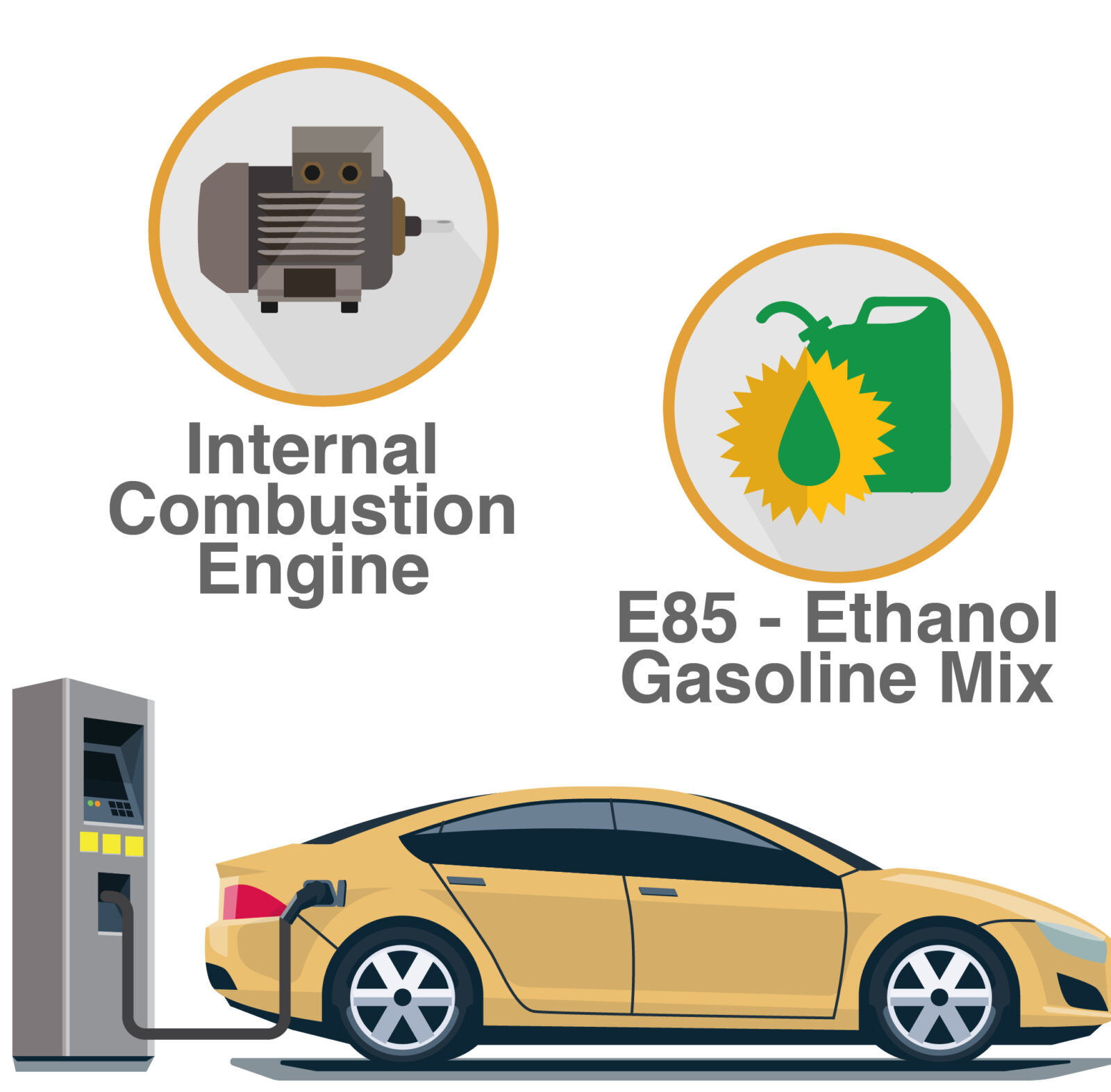Electric car alternative fuels are gaining traction as the automotive industry accelerates towards sustainable mobility solutions. While electric vehicles (EVs) predominantly rely on lithium-ion batteries, the exploration of alternative fuels is critical to furthering their efficiency, reducing environmental impact, and extending driving ranges. One prominent contender in this arena is hydrogen fuel cells, heralded for their potential to revolutionize transportation. Hydrogen fuel cells generate electricity through an electrochemical reaction between hydrogen and oxygen, emitting only water vapor as exhaust. This technology addresses the challenges of long refueling times and limited driving ranges associated with battery-powered EVs, making it particularly suitable for heavy-duty vehicles and applications where rapid refueling is essential.

In addition to hydrogen, biofuels are emerging as a viable alternative for electric cars. Biofuels such as bioethanol and biodiesel are derived from renewable biomass sources like corn, sugarcane, soybeans, and algae. These fuels can be used in internal combustion engines modified for flex-fuel vehicles or blended with conventional fuels to reduce overall carbon emissions. While biofuels are primarily associated with hybrid electric vehicles (HEVs) and plug-in hybrid electric vehicles (PHEVs), their potential extends to enhancing the sustainability of the transportation sector by providing a renewable alternative to fossil fuels.
Transitional alternative fuels like natural gas and propane are also under consideration as stepping stones towards a greener automotive future. Although both are fossil fuels, natural gas and propane produce lower emissions compared to gasoline or diesel when used in internal combustion engines. Natural gas vehicles (NGVs) have been in use for decades, particularly in commercial fleets, while advancements are being made to broaden the applicability of propane in light-duty vehicles as well. These fuels offer a pragmatic approach to reducing emissions while infrastructure and technologies for fully electric solutions continue to develop.


















Leave a Reply